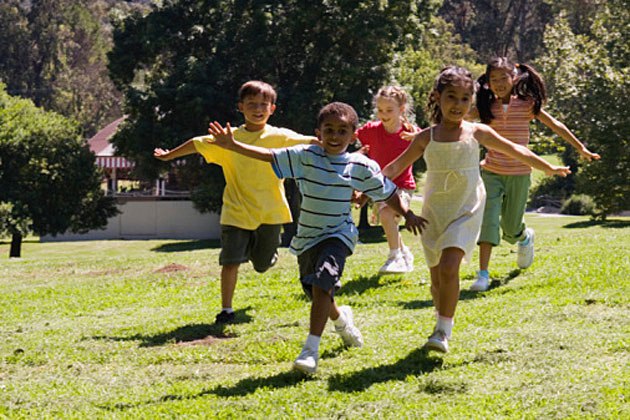One of the concerns many parents have about cyber schooling revolves around socialization opportunities for their child. They may fear that their child will be isolated by not being in a brick-and-mortar classroom each day. However, experience has shown that cyber-schoolers are not at a social disadvantage compared to their peers. Both the cyber model and your local community offer numerous opportunities for students to socialize.
When cyber schools and families talk about socialization, what we are actually talking about is socializing, if we want to be precise. The VA Homeschoolers website does an excellent job of explaining the difference between the two ideas:
“Socialization is the process of learning your culture’s expectations and norms for behavior. Socializing is the fun part of getting together with other people.”
Children schooled at home may even have an advantage in acquiring socialization skills. The web site continues:
“Children begin their socialization within their families—it is their parents and caregivers who teach young children to share and to take turns, etc. As children grow, their peers do reinforce those expectations…[b]ut those early lessons in how to behave come from caregivers, not other children.
As our children get older their basic lessons in how to behave still come from caregivers and mentors with reinforcement from others. Homeschoolers are at an advantage in learning socialization skills because they frequently have a higher adult-to-child ratio in their day-to-day lives than most school children; homeschoolers also have many more chances to interact with people of different ages than children who spend their days in age-segregated classrooms.”
In terms of opportunities to socialize, both the internet and your community are great resources. You may be able to find homeschool groups online via a web search or Facebook search. If you can’t find one in your area, you can even start one of your own!
Communities also have a wide variety of activities for children and families. For example:
- Sports teams
- Scouting groups
- Dance/theater schools
- Martial arts schools
- Parks and Recreation Departments
- Church activities and groups
Volunteering is also a great way to provide opportunities for both socialization and socializing.
Each cyber school will have its own method of providing social opportunities. As an example, here are some of the options that PA Virtual offers:
- Occasionally, teachers my open their virtual classrooms early or keep them open after the lesson to allow students to chat.
- Students interact with their peers through class discussion and team projects.
- Students who meet in classes often exchange email addresses or use other social media to create online friendships
- Outings in all regions served by the school, visiting places like museums, zoos, parks, and historical sites.
- Virtual clubs, such as yearbook, student council, honor society, and cooking club.
As can be seen, the opportunities for socializing really are plentiful. And because of the flexibility provided by the virtual school educational model, you can plan your day to easily include both instructional time and social time.






Comments